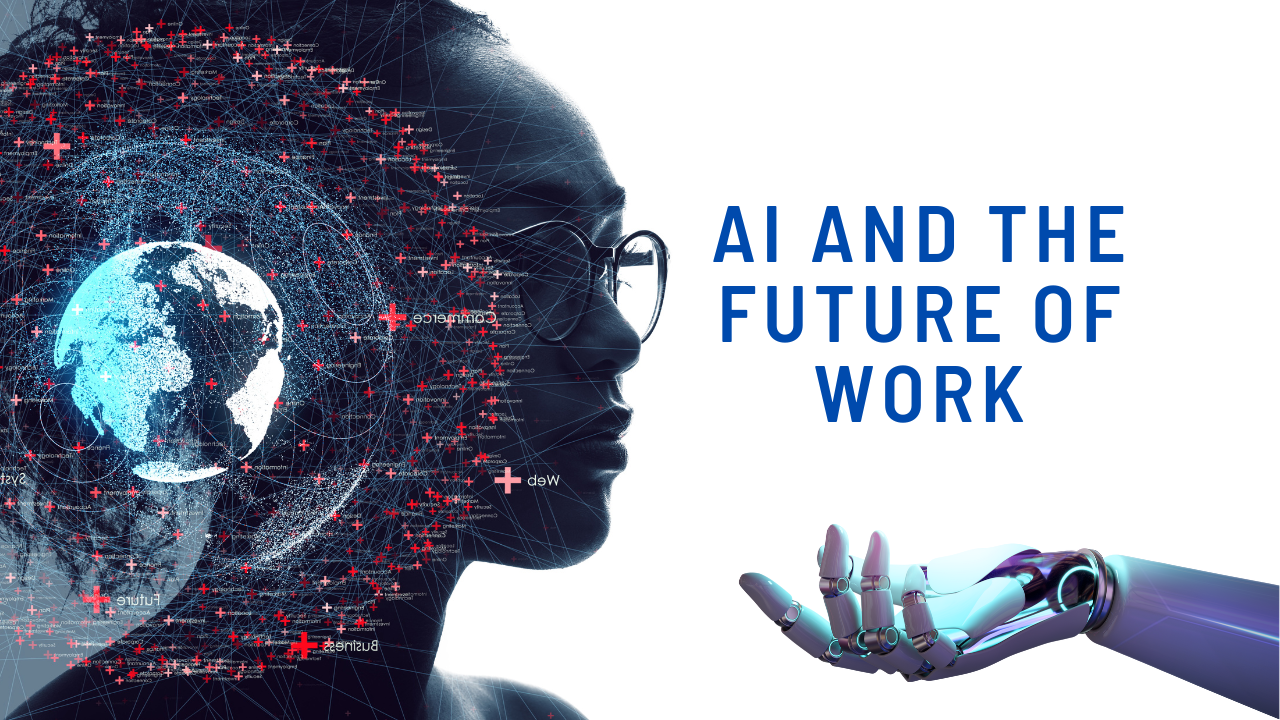Artificial intelligence (AI) stands at the threshold of reshaping the global economy, resembling a new industrial revolution. While it holds the promise of boosting productivity and creating opportunities, it also introduces the potential for job displacement. Almost 40% of global employment is susceptible to AI, with advanced economies facing greater risks but also being better positioned to capitalise on the benefits of AI. An evaluation of AI complementarity suggests that about half of the jobs exposed to AI may face negative impacts, aggravating the digital divide and income disparities.
The ramifications of AI on income and wealth inequality extend beyond middle-skilled workers to higher-wage earners. The correlation between potential AI complementarity and income is pivotal, as simulations indicate a potential rise in labour income inequality, magnifying existing disparities. Countries’ choices regarding AI property rights and fiscal policies will shape its impact on distribution.
Substantial gains in productivity resulting from AI adoption could lead to increased growth and incomes, offsetting the replacement of labour tasks. Education plays a crucial role, with college-educated workers having a better chance of transitioning, while older and less-educated workers may encounter challenges. Priorities for fully harnessing AI vary depending on countries’ development levels, necessitating investments in AI innovation, regulatory frameworks, and infrastructure for advanced economies, and foundational development for less prepared economies. Social safety nets and retraining are essential for ensuring inclusive AI adoption across all economies.
In alignment with prevailing global trends, European Diplomats are tracking the transformative impact of AI on the economy, education, labour markets, and societal well-being. Hence, European Diplomats are actively engaged with the Future of Education Consortium to address the challenges and opportunities presented by artificial intelligence.
For more, read the paper by the International Monetary Fund: https://www.imf.org/en/Publications/Staff-Discussion-Notes/Issues/2024/01/14/Gen-AI-Artificial-Intelligence-and-the-Future-of-Work-542379



